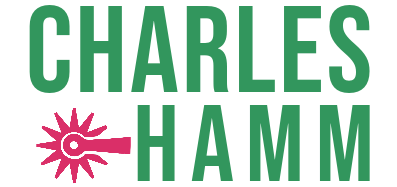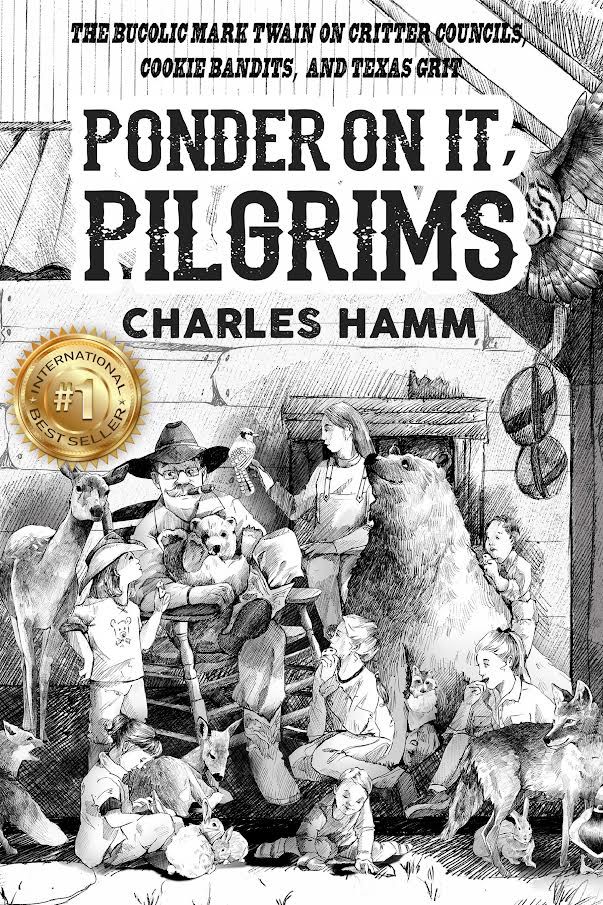
How things have changed
Originally published on LinkedIn — July 30, 2017
When I was ten years old, and the summer break began, I was determined to get a job and make some money. I knew of a fruit farm about two miles from where I lived, so I walked cross country through fields and woods, met the owner and asked him if he needed any help.
He hired me, and I went to work picking strawberries for .50 cents an hour. He paid me in 50 cent pieces, so at the end of the day I walked back home with eight half dollars in my pocket. I felt rich. I felt proud. When I saw my daddy, and told him, he looked at me firmly, and asked me a question I have never forgotten, “Did you thank him for the work?” I told him that I did not remember saying so, and he then said something else I have never forgotten, “If a man gives you a job, thank him everyday”. He then added, “Make him a good hand”.
The next day, when I got my pay, and it was time to go home, I told my boss, “Thanks for the work.” I’ll never forget the look on his face when I told him that.
Daddy was born in 1918, and came of age during the depression of the 1930’s. Living far out in the country it was nearly impossible for anyone to find gainful employment. The family was very poor, living on what grew in the garden, what grandma canned, and wild game, for the most part. Fried rabbit, and squirrels, or fish caught in the creek most often graced the dinner table.
At that time there wasn’t government programs to “help” such people. However, from those times came what we now think of as the “Greatest Generation.”
Daddy was drafted into the Army during World War II, and did not really have a good paying, permanent job until 1945. To that generation a job was a sacred trust, to be treasured, and for which to be thankful. He was a hard working man who would not think of betraying the confidence of his employer by not giving him a hard days work.
To this day I never have forgotten the words of my father. Every time a client gives us a project to do, without fail, I will tell him, “Thanks for the work.” I then feel obligated to work hard and give them my very best. I owe it to them, I owe it to myself, I owe it to the men who work for me, and I owe it to my daddy.
How things have changed. So often, today, people think a job is a “right,” something owed them, and feel no obligation to be thankful, or to be a “good hand.” How sad. A strong work ethic, so often, seems like something from another time. But, thanks to my daddy, I am a man from another time.
Daddy died in 1990. I still think of him, miss him, and have not, and will never forget that day he asked me, “Did you thank him for the work?” Yes sir, I did.




